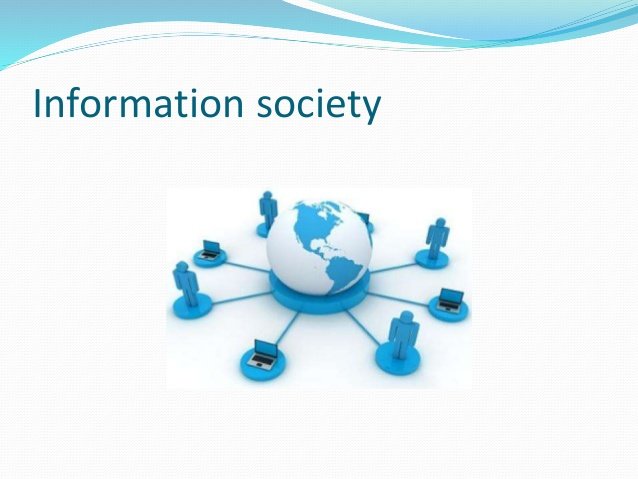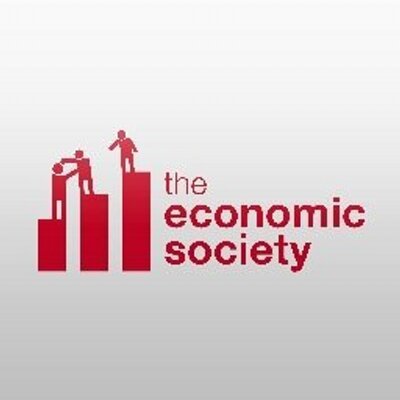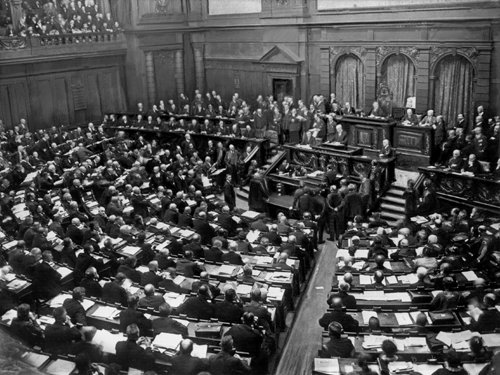Articles from this series
- Information science - Introduction
- Information science – Uniqueness and essential questions
- Information science – Philosophical approaches
- Information science – Paradigms
- Information science – Epistemologies
- Information science – What is information?
- Information science - Terminology (Knowledge, Document)
- Information science - Terminology (Collections, Databases, Relevance)
- Information science – Domain
- Information science – Organisations of information
- Information science - Information systems
- Information science – Informetrics
- Information science – Application of informetrics
- Information science – Information behaviour
- Information science – Theories of information behaviour
- Information science – Information behaviour of individuals and groups
- Information science – Changing context of communication of information
- Information science – Changing context of communication of information pt.2
- Information science - Changing context of communication of information pt.3
Main source
Introduction to Information Science - DAVID BAWDEN and LYN ROBINSON

Information society

Surely everyone has heard the term. Most of us probably even know what it roughly means, and those that have been reading the articles posted in this series might actually already know very well what it means. Don’t be overconfident though, for possible ways of defining the term are in numbers (and I shall mention them)!
Economic information society

Information society from the economic point of view means that the society has most of its wealth in non-physical(as I already described even virtual is physical, but I don’t know how to better put it…Any help?) information commodities. This has been a fact EVEN PRIOR TO CRYPTO! The “developed” countries had around 70% of their wealth in non-physical commodities. Imagine where this will get with a crypto-boom:).
Working information society

Another point of view are the professions that society represent. When majority of the people works with information rather than manually, the society becomes information society.
Technological information society

It’s all about technology right? There would be close to no effective work with information without the needed technological devices that can store, process and communicate the information.
Political information society

This definition is totally not the one to my liking, but for the sake of objectivity it will have its place here too. It basically says that as soon as the political subjects begin to discuss matter of information on all political levels, the information society is born. Using easy logic though... the information transformation had to occur prior to political powers started discussing the matter. There would be no matter to discuss otherwise…
Socio-cultural information society

Information network has potential to change our perception of time, distance and the way we act. Popper also had a theory that future information society will become an abstract society too. Basically people won’t deal with each other face-to-face but will use the information network to make everything more efficient (much crypto?:D).
Basically all of those definition have the same problem. They try to define one term, but in order, for the definition, to be plausible, there is a need to define more aspects. What is a work with information? What is “information commodity”? When is the society abstract enough? Well I guess that you know where this leads. Fortunately though the lack of definitions does not hinder our ability to grasp what information society is, even if the definition will not cut it yet from the scientific point of view.
